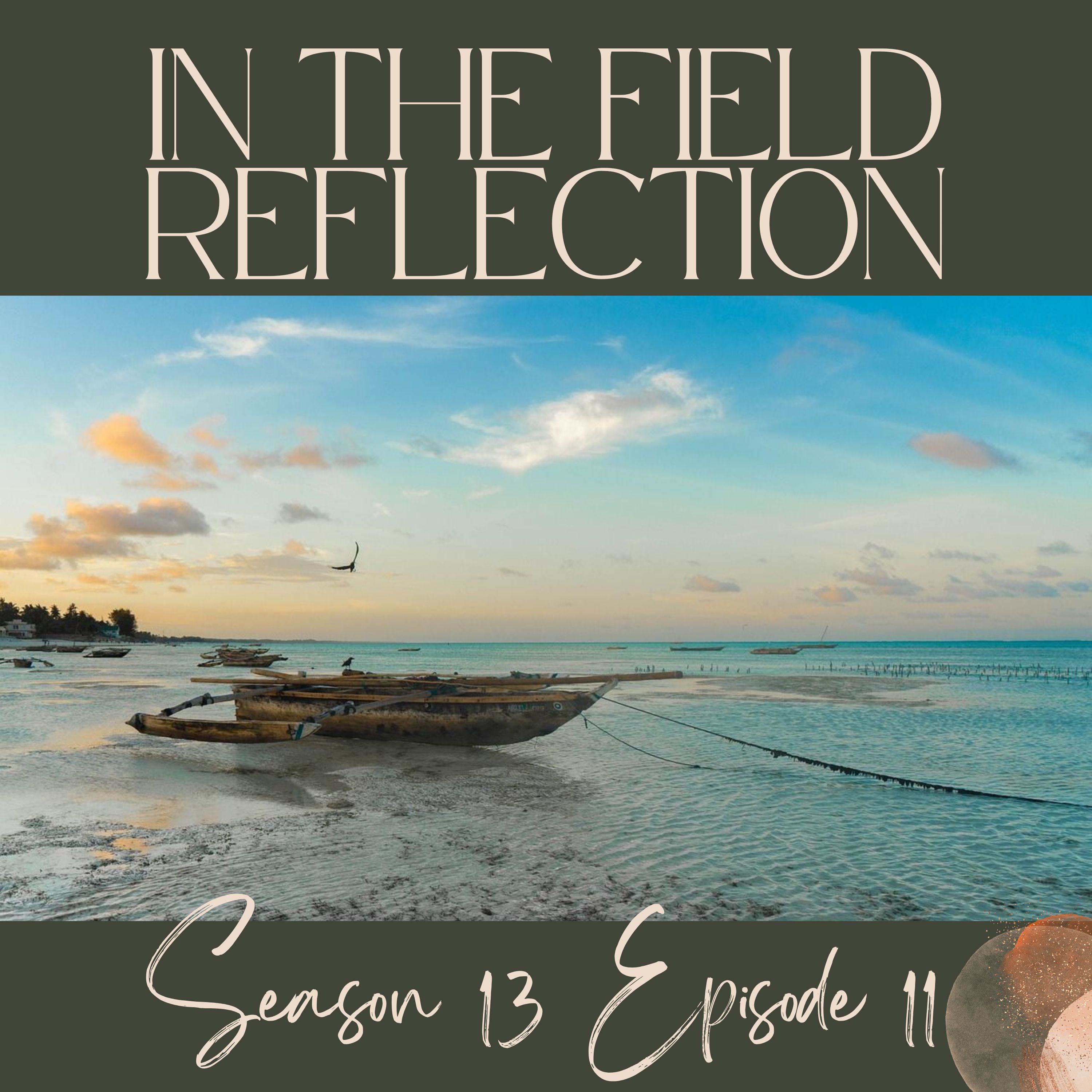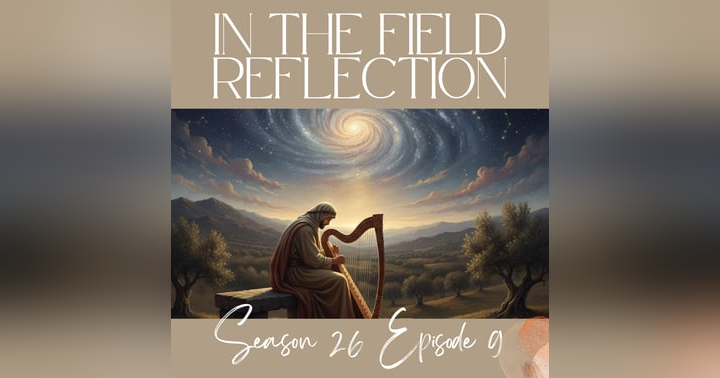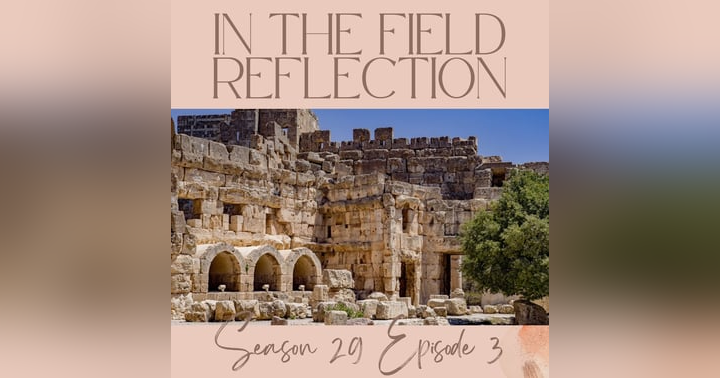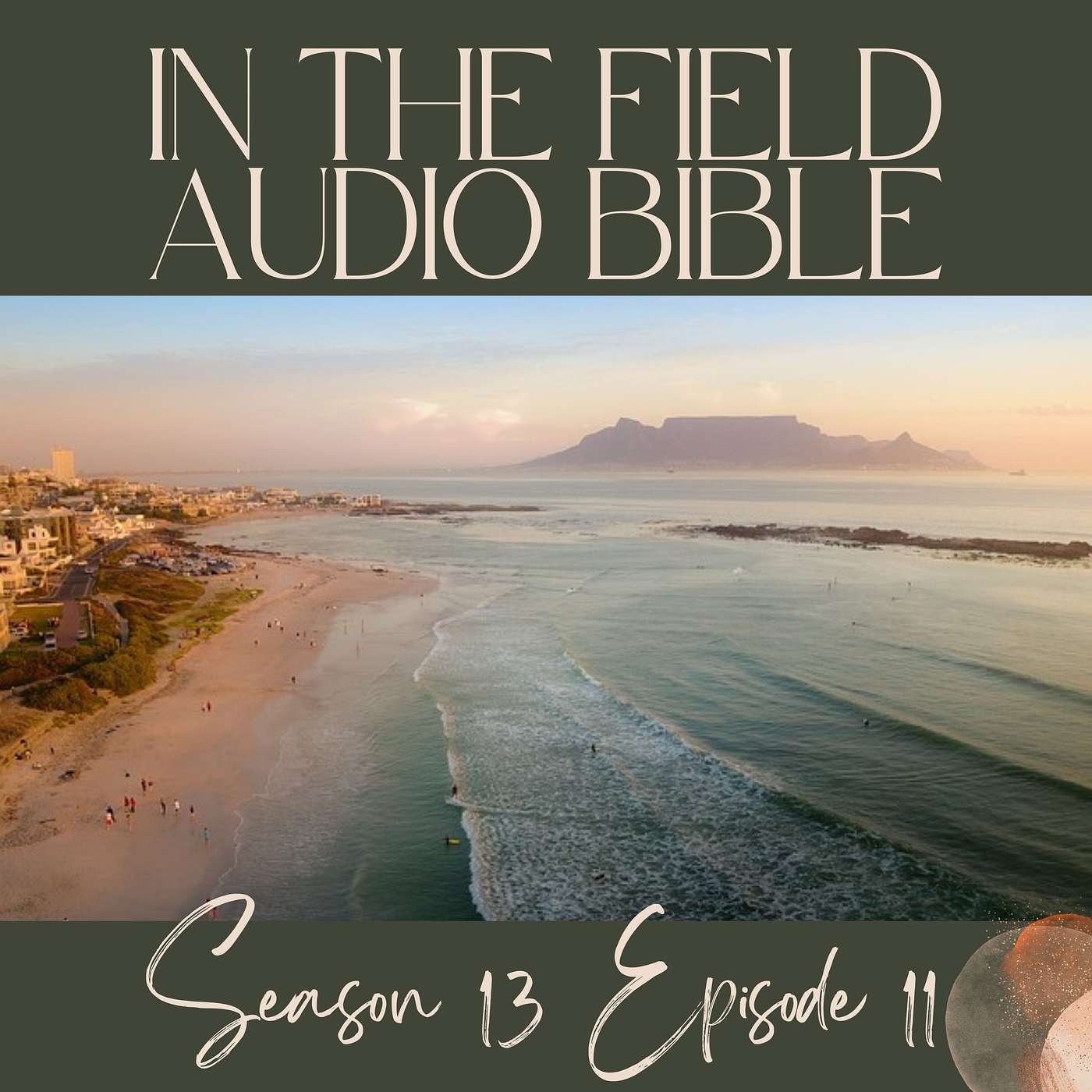Cloud of Witnesses: Where Ancient Faith Meets Modern Doubt

The Epistle to the Hebrews offers one of the most profound examinations of faith found in Scripture, with Chapter 11 serving as what many call the "Hall of Faith." This chapter presents a powerful, chronological journey through the Old Testament, highlighting individuals whose lives exemplified trust in God's promises despite circumstances that often defied logical explanation. Where ancient faith meets modern doubt, we discover timeless truths that speak directly to contemporary struggles. As we explore this remarkable passage, we discover that faith is not merely intellectual assent but "the assurance of things hoped for, the conviction of things not seen."
The chapter begins by establishing this essential definition of faith, immediately setting the tone for what follows. Faith functions as both assurance and conviction—it provides certainty about future hopes and evidence for realities that remain invisible to our physical senses. This perspective transforms how we understand the spiritual life. Faith isn't about blind leaps into darkness but about seeing a different kind of reality that transcends our limited perception. It's about recognizing that the invisible realm is no less real than what we can touch, see, or measure.
The author then methodically walks through biblical history, beginning with Abel's sacrifice. Unlike his brother Cain, Abel offered his gift with genuine faith, and though it cost him his life, his example "still speaks" thousands of years later. We then encounter Enoch, who "walked with God" so intimately that he bypassed death entirely. These early examples establish a pattern: faith is not about achieving worldly success but about pleasing God and living in alignment with His purposes, even when the immediate outcomes appear disadvantageous by worldly standards.
Noah's story expands this theme, showing faith that acts on divine warnings about "events as yet unseen." His willingness to build an ark—likely amid ridicule and opposition—demonstrated trust in God's word over apparent reality. By constructing a massive vessel on dry land, Noah physically manifested his conviction that God's warnings would prove true, despite having no tangible evidence of the coming catastrophe. His story teaches us that authentic faith often requires action that looks foolish to those without spiritual perception.
The narrative reaches its crescendo with Abraham, who receives the most extensive treatment in this chapter. Abraham's journey epitomizes faith in multiple dimensions: leaving his homeland without knowing the destination, living as a foreigner in the promised land, and most dramatically, being willing to sacrifice Isaac, the very son through whom God had promised to fulfill His covenant. Abraham's faith wasn't perfect—Scripture honestly portrays his moments of doubt and missteps—yet the overall trajectory of his life demonstrated unwavering trust in God's character and promises.
Perhaps most striking is the author's observation that all these faithful individuals "died in faith, not having received the things promised, but having seen them and greeted them from afar." This profound insight reveals that biblical faith isn't primarily about receiving immediate rewards or seeing all promises fulfilled within our lifetime. Rather, it's about orienting our lives toward eternal realities, recognizing that we are "strangers and exiles on the earth" seeking a "better country, that is, a heavenly one."
The latter portion of the chapter broadens to include numerous other examples of faith—from Moses to Rahab to unnamed martyrs who endured torture, mocking, imprisonment, and death. What unites these diverse experiences is not outcomes but orientation. Some faith-filled lives resulted in dramatic victories and deliverances; others led to suffering and martyrdom. Yet the author presents both as equally valid expressions of genuine faith, challenging our tendency to measure faith by visible results or material blessings.
The chapter concludes with a remarkable statement that these heroes of faith, "though commended through their faith, did not receive what was promised." Instead, God had "provided something better for us, that apart from us they should not be made perfect." This suggests a profound solidarity between believers across time—our faith journey completes theirs, and together we form a single community awaiting the ultimate fulfillment of God's promises in Christ.
As we reflect on Hebrews 11, we're invited to join this "great cloud of witnesses" by cultivating a faith that sees beyond immediate circumstances to the unseen realities that define our ultimate destiny. Such faith transforms how we interpret our present struggles, helping us recognize that what appears to be defeat may actually be victory when viewed from heaven's perspective. In a culture obsessed with instant gratification and visible results, Hebrews 11 calls us to a patient, enduring faith that may not receive all its rewards in this life but will ultimately prove vindicated in eternity.



